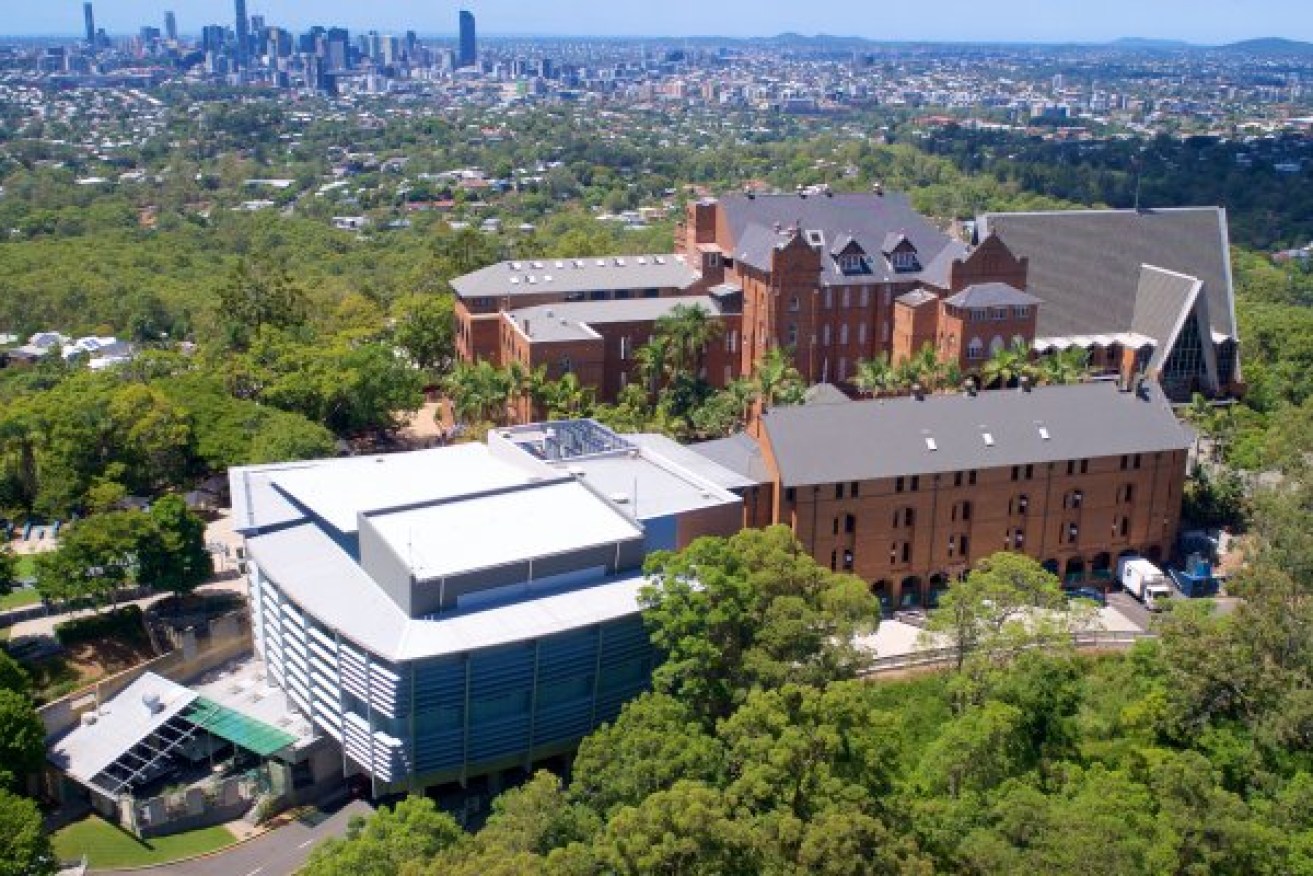Gold rush: Private schools sidestep council approvals in ambitious expansion drive
Some of Queensland’s most prestigious private schools are seeking to bypass local council planning laws by lodging ambitious redevelopment plans with the state government.


The Stuartholme School has ambitious expansion plans. Image: Stuartholme
The schools’ use of a so-called ministerial infrastructure delegation means the state planning minister and not the council will call the shots on whether proposals to expand their presence will succeed.
In recent months, St Joseph’s Gregory Terrace, Marist College Ashgrove and Stuartholme School have all submitted plans to the government for new buildings or sporting facilities that would see their footprint grow dramatically.
The proposals have already sparked protests from nearby residents about the impact on noise and traffic congestion. A Spring Hill community group has insisted Terrace should put a cap on student numbers.
Applying for a ministerial infrastructure delegation, or MID, means Planning Minister Steven Miles and not Brisbane City Council will the final say on whether the proposals can go ahead.
Described as “planning gold” by industry experts, an infrastructure delegation allows such plans to be approved faster, cheaper and without the risk of appeal.
Terrace, one of Brisbane’s most popular private schools, has submitted a long term development plan that would see new buildings constructed on its inner city Spring Hill campus over the next 20 years.
Marist College has lodged a detailed “masterplan” for its Ashgrove campus involving the demolition of several buildings and extensions to others.
The plans include a new sport pavilion and primary school, assembly and science buildings of up to four storeys
“Combine this with the modest increase in students it is considered that the extensions to the College minimises interfaces with residential zoned land,” its proposal states.
Stuartholme is the latest private school to reveal plans to redevelop and expand its presence, revealing proposals for new buildings on its iconic Mount Coot-tha campus and sporting fields on the site of the old Freers potato chip factory on Sir Samuel Griffith Drive.
In its submission, the school says early consultation with local residents and other stakeholders showed they were generally supportive of its plans but it did admit there were some concerns.
“Many of the concerns raised were associated with existing issues within the wider locality not directly associated with the School, or the operational issues associated with living near a school (e.g. noise, traffic and car parking) as opposed to fundamental concerns with the nature or scale of the School’s future development plans,” its submission states.
Miles has recently given MIDs to smaller schools such as the Glenleighden School at Fig Tree Pocket, Moreton Bay Boys College and Toowoomba’s Fairholme College as well as several state schools.












